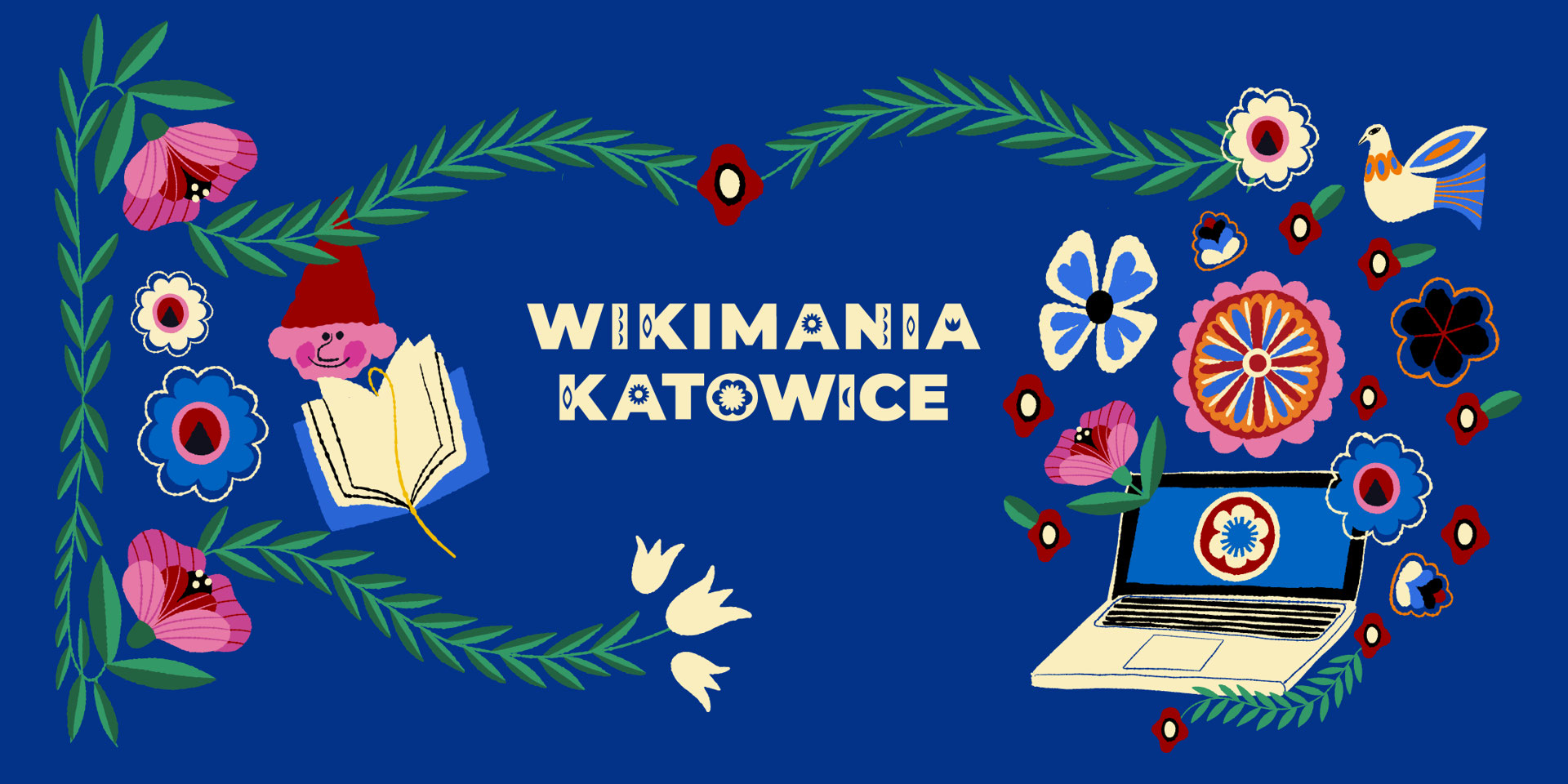2024-08-08 –, Ohrid (9)(interpretation)
Language: English
What kind of knowledge is needed to fix errors collected on Special:LintErrors. In what way the whole process will influence your community. How it will change the level of accessibility for impaired users. What policies your wiki can introduce to prevent users from introducing more errors? Based on experience from pl.wiki and de.wiki
In my lecture, I plan to present:
* what are linter and static program analysis and how do errors in MediaWiki influence readers
* what groups of users do you need (bot owner to fix articles written using incorrect template, HTML "expert" to fix MediaWiki tables, typical MediaWiki editor for fixing easy issues)
* what tools do you need to fix errors in an optimal way
* where you should focus first (all templates should be fixed first, categories are easy to fix)
* what are typical linter errors on Wikipedia (priorities, level of difficulty to fix)
* when its "too many fixes" (examples from de.wiki, when users started cleaning errors in non-content spaces)
* during the process of fixes many times on pl.wiki we had issues with old solutions and implementations - what you can do to avoid such issues
* what are policies that you can introduce on your wiki to fix some issues (for example setting for proper user signature)
* how fast can you fix problems (for example on pl.wiki it took 3 years)
Session recording: https://youtu.be/govhrZZjV6s?list=PLhV3K_DS5YfJ9Wvo43XRDbCC2dfhdS7BG&t=271
- How does your session relate to the event themes: Collaboration of the Open?*:
-
Drive for fixing errors is heavily connected to collaboration - one user will not be able to fix all errors. On pl.wiki group that was fixing errors contained at peak more than 20 users. All needed tools are on opensource.
- What is the experience level needed for the audience for your session?*:
-
Average knowledge about Wikimedia projects or activities
- How do you plan to deliver this session?*:
-
Onsite in Katowice
- What other themes or topics does your session fit into? Please choose from the list of tags below.
-
Collaboration

